Kudus Oluwatoyin Adebayo
 Research Fellow
Research Fellow
University of Ibadan, Nigeria
Omolade Adunbi
 Professor of Afroamerican and African Studies
Professor of Afroamerican and African Studies
University of Michigan
Fikayo Akeredolu
 PhD Candidate in the Department of Politics and International Relations
PhD Candidate in the Department of Politics and International Relations
University of Oxford
Chris Alden
 Professor of International Relations
Professor of International Relations
London School of Economics
Caitlin Barker
 PhD Candidate in History
PhD Candidate in History
Michigan State University
De-Valera Botchway
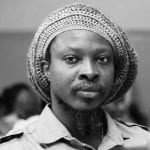 Professor of History
Professor of History
University of Cape Coast, Ghana
Michael Brenes
 Interim Director of the Brady-Johnson Program in Grand Strategy
Interim Director of the Brady-Johnson Program in Grand Strategy
Lecturer in History
Yale University
Jeffrey Byrne
 Associate Professor of History
Associate Professor of History
University of British Columbia
Vivien Chang
 Henry Chauncey, Jr ’57 Postdoctoral Fellow
Henry Chauncey, Jr ’57 Postdoctoral Fellow
Yale University
Hao Chen
 Henry Chauncey, Jr ’57 Postdoctoral Fellow
Henry Chauncey, Jr ’57 Postdoctoral Fellow
Yale University
Wincharles Coker
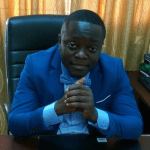 Senior Lecturer
Senior Lecturer
University of Cape Coast, Ghana
Austin Cooper
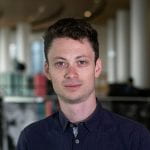 Stanton Nuclear Security Fellow
Stanton Nuclear Security Fellow
Massachusetts Institute of Technology
Miriam Driessen
 Baldy Center Senior Fellow
Baldy Center Senior Fellow
SUNY Buffalo
Ruodi Duan
 Assistant Professor of History and East Asian Languages and Cultures
Assistant Professor of History and East Asian Languages and Cultures
Haverford College
David Engerman
 Leitner International Interdisciplinary Professor of History and Global Affairs
Leitner International Interdisciplinary Professor of History and Global Affairs
Yale University
James Gethyn Evans
 PhD Candidate in History
PhD Candidate in History
Harvard University
Jeremy Friedman
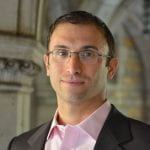 Marvin Bower Associate Professor
Marvin Bower Associate Professor
Harvard Business School
Yunxiang Gao
 Professor of History
Professor of History
Toronto Metropolitan University
Mingwei Huang
 Assistant Professor of Women’s, Gender, and Sexuality Studies
Assistant Professor of Women’s, Gender, and Sexuality Studies
Dartmouth College
Kevin Keller
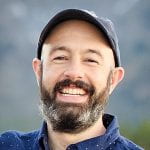 PhD Candidate in History
PhD Candidate in History
Yale University
Anatol Klass
 Predoctoral Fellow, Harvard Kennedy School
Predoctoral Fellow, Harvard Kennedy School
PhD Candidate in History, University of California, Berkeley
Christopher J Lee
 Professor of African History
Professor of African History
The African Institute
Vivian Lu
 Assistant Professor of Anthropology
Assistant Professor of Anthropology
Fordham University
Benedito Machava
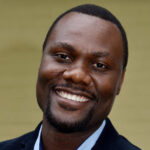 Assistant Professor of History, Yale University
Assistant Professor of History, Yale University
Faculty Director of the Africa Security Program, Yale Jackson School of Global Affairs
Erez Manela
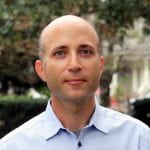 Professor of History
Professor of History
Harvard University
Dawn Murphy
 Associate Professor of National Security Strategy
Associate Professor of National Security Strategy
The US National War College
Jeffrey Ngo
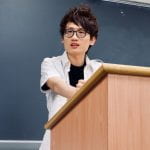 PhD Candidate in History
PhD Candidate in History
Georgetown University
Jorge Njal
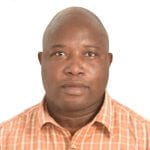 Independent Researcher
Independent Researcher
Maputo, Mozambique
Nana Osei-Opare
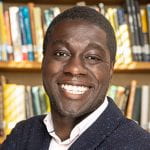 Assistant Professor of History
Assistant Professor of History
Fordham University
Peng Peng
 Postdoctoral Associate in East Asian Studies
Postdoctoral Associate in East Asian Studies
Lecturer in Political Science
Yale University
Njuateh Sebastien
 PhD Candidate in Political Science
PhD Candidate in Political Science
The University of Douala
David Shinn
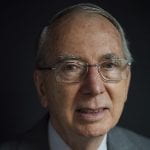 Lecturer
Lecturer
The Elliott School of International Affairs, George Washington University
Jodie Sun
 Senior Lecturer
Senior Lecturer
Fudan University
Olatunde Taiwo
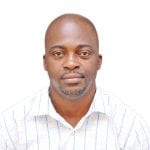 PhD Candidate in History
PhD Candidate in History
The University of Ghana
Harry Verhoeven
 Senior Research Scholar
Senior Research Scholar
The Center on Global Energy Policy, Columbia University
Arne Westad
 Elihu Professor of History and Global Affairs, Yale University
Elihu Professor of History and Global Affairs, Yale University
Director of International Security Studies, Yale Jackson School of Global Affairs
Bisa Williams
 Senior Fellow
Senior Fellow
Yale Jackson School of Global Affairs
Edward (“Ted”) Wittenstein
 Executive Director, International Security Studies
Executive Director, International Security Studies
Yale University
Yanqiu Zheng
 Program Officer
Program Officer
The Social Science Research Council